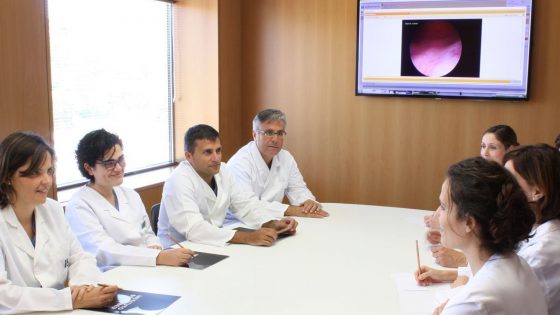Foro Blog
Nyheter

Optimizes and improves cycles for egg donors, oncology patients, women with low reserve, immature oocyte syndrome and empty follicle syndrome The international medical journal Upsala Journal of Medical Sciences has just published a research paper …
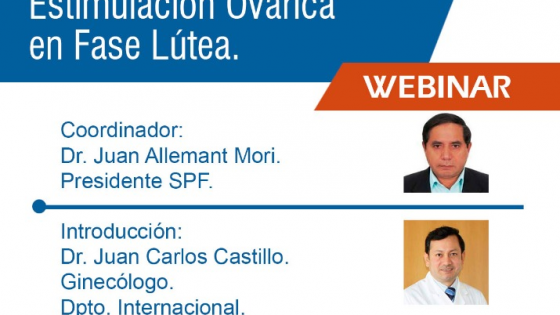
Invitation from the Peruvian Fertility Society: WEBINAR advances in assisted reproduction
On Thursday the 21st of May, the doctors of Instituto Bernabeu, Dr. Joaquin Ll. Aparicio and Dr. Juan Carlos Castillo, have been invited to give a webinar to the doctors of the Peruvian Society of …
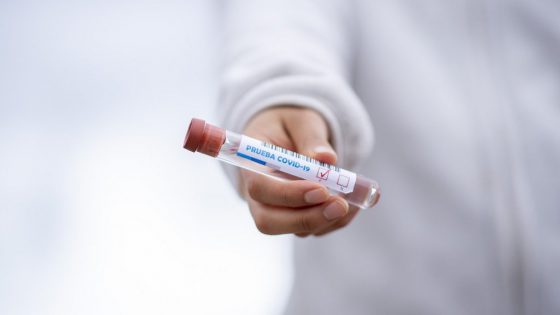
Our Pregnancy and Childbirth Guarantee Program was the first to emerge in Europe, now 6 years ago. It was born with the vocation of providing certainty in success and releasing patients from worries; patients are …
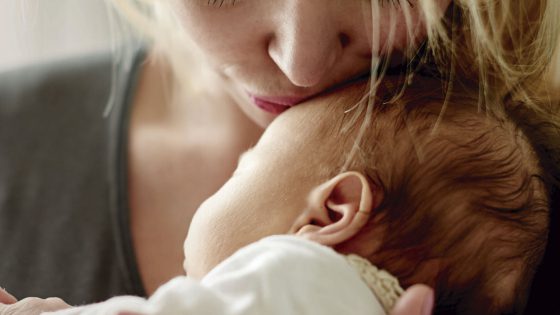
Looking for reliable, enjoyable and proven articles? At this moment of quarantine due to the coronavirus, we’ve made the latest issue of our magazine available so that you can conveniently download it at home clicking …

Instituto Bernabeu’s Head Doctor, Dr Rafael Bernabeu, will conduct this Wednesday 29th of April the webinar Covid-19: How and when can I start or retake my fertility treatment? Dr Bernabeu will answer live through YouTube …

New IB Newsletter: 27th OF APRIL Resume the reproductive medicine activity
The new Instituto Bernabeu Group newsletter is now available. 27th OF APRIL Resume the reproductive medicine activity.
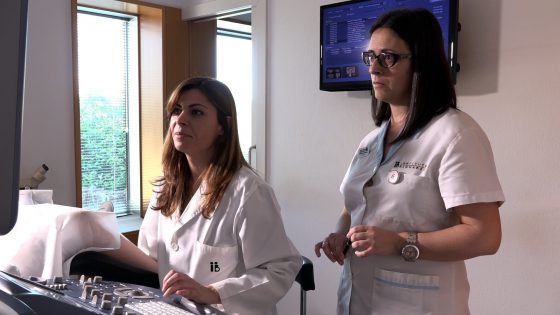
The Fertility Image group of the Spanish Fertility Society (SEF) coordinated by Instituto Bernabeu doctor Belén Moliner has organized a webinar for this Wednesday, April 22, to show updates on ultrasound technology.
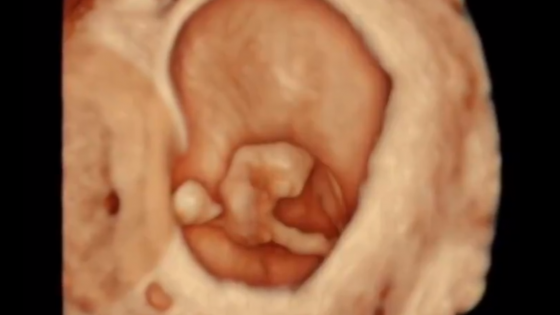
The Fertility Image group of the Spanish Fertility Society (SEF) coordinated by Instituto Bernabeu doctor Belén Moliner has organized a webinar for this Wednesday, April 22, to show updates on ultrasound technology.

New IB Newsletter: FERTILITY VIDEO CONSULTATION
The new Instituto Bernabeu Group newsletter is now available. The entire team of specialists in Reproductive Medicine of Instituto Bernabeu is at your disposal to offer you your fertility study visit through videoconference.
